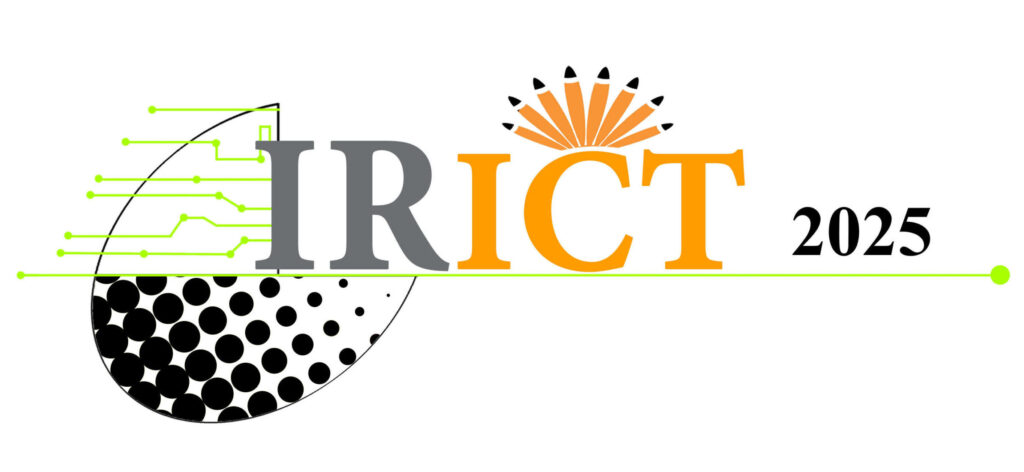
Special Session on Next-Gen AI Paradigms for Secure Internet of Everything (IoE): From Quantum-AI to Federated Intelligence
Co-Chairs:
Dr. Shahid Latif, University of the West of England, Bristol, United Kingdom
Muhammad Shahbaz Khan, Edinburgh Napier University, United Kingdom
Professor Tamara Zhukabayeva, L.N. Gumilyov Eurasian National University, Astana, Kazakhstan
Dr. Jawad Ahmad, Prince Mohammad Bin Fahd University, Saudi Arabia
Acceptance Notification: 15 October 2025
Scope of the Special Session:
The growth of the Internet of Everything (IoE) has increased the complexity and scale of cybersecurity threats. While traditional AI-based security methods are vital, they are becoming less effective against the evolving threat landscape, which features distributed systems, zero-trust models, and more sophisticated attackers. This special session aims to explore advanced and innovative AI techniques that go beyond traditional machine learning and rule-based methods to safeguard IoE ecosystems.
We invite research using advanced AI techniques, such as quantum machine learning for threat detection, federated and swarm intelligence for decentralized defense, neuro-symbolic AI for context-aware anomaly detection, self-evolving AI agents, and zero-shot learning for addressing zero-day threats. We also seek interdisciplinary approaches combining bio-inspired algorithms, edge-aware AI, and AI-driven cryptography to create adaptable security solutions.
This session provides a platform for researchers, practitioners, and innovators to showcase new architectures, algorithms, and frameworks that lead to a secure-by-design IoE future.